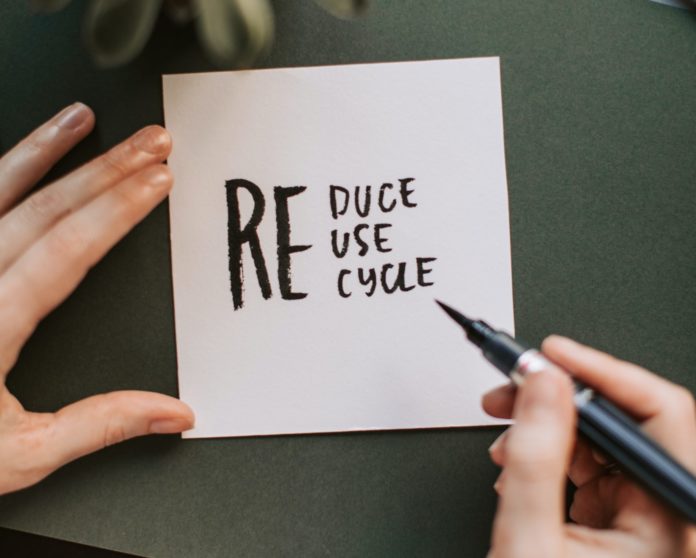With September being International Clean-up and Recycling month, the main aim is to keep our environment clean and free of litter.
Traditionally we have known recycling to be associated with plastic, paper, glass and metal. It is not just the solid waste stream that can be recycled. This can, during Clean-up and Recycling month, also be achieved with organic and food waste, with the right technology and infrastructure like on-site composting units.
“While this time of year is a great way to teach the public about recycling, we need to include food and organic waste in the conversation,” says Brian Küsel, director of BiobiN South Africa.
He added, “for recycling to be done effectively, separation at source is crucial, and this means having separate disposal sites for different waste types. Separating waste at its source of generation makes recycling easier. It also increases the value of recycled streams.”
Mixed waste volumes during Recycling and Clean-up month
In commercially concentrated zones, waste volumes can be very mixed and therefore not considered attractive for recyclers. In some cases, it’s not accepted at all and then sent to a landfill.
Mixed waste volumes require mechanical separation where recyclables then need to be cleaned and allocated according to their material type. By separating your waste at the source, you essentially increase the value of recyclable waste. You additionally save costs, and water, and keep recyclables out of the landfill.
READ: New recycling campaign launched
“A waste stream that we have seen significant increases in volumes is biodegradable materials. This is linked to the popularity of using biodegradable material for product packaging, as it is considered more environmentally friendly. This is only the case if it is composted or treated into a secondary resource,” says Küsel.
Plastic straws are the culprit during Recycling and Clean-up month
Every year on International Coastal Clean-up Day, plastic straws are found to be the culprit most commonly picked up. It is estimated that up to 8.3 billion plastic straws could be floating in our oceans. Luckily, given the scale of this issue, there has been a lot more consumer awareness around this.

During Clean-up and Recycling month, there is also a drive to swap out plastic straws with compostable ones. This leaves us with more biodegradable waste to compost.
READ: International Coastal Clean-Up Day
“It’s great to see many commercial establishments offering compostable products and biodegradable packaging. We need to ensure that we have sufficient waste management systems to treat and process higher volumes of this waste stream,” says Küsel.
Article compiled by BiobiN.


